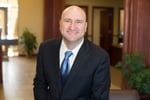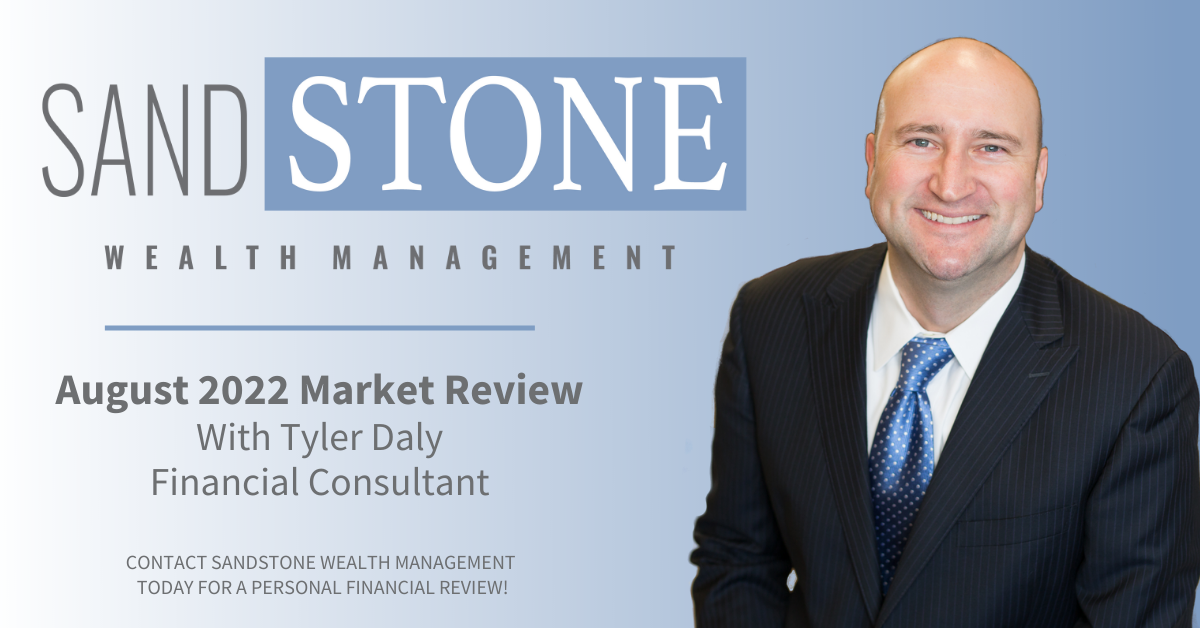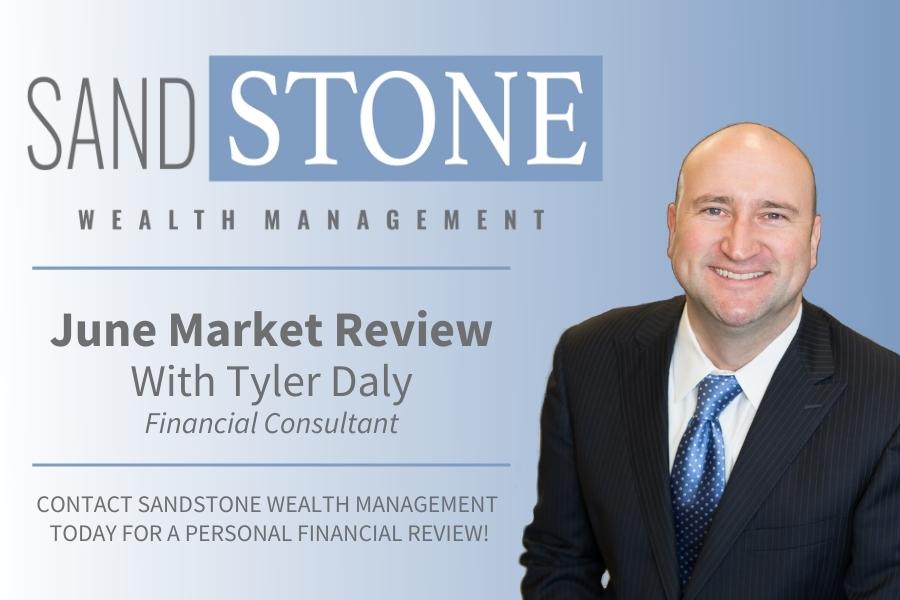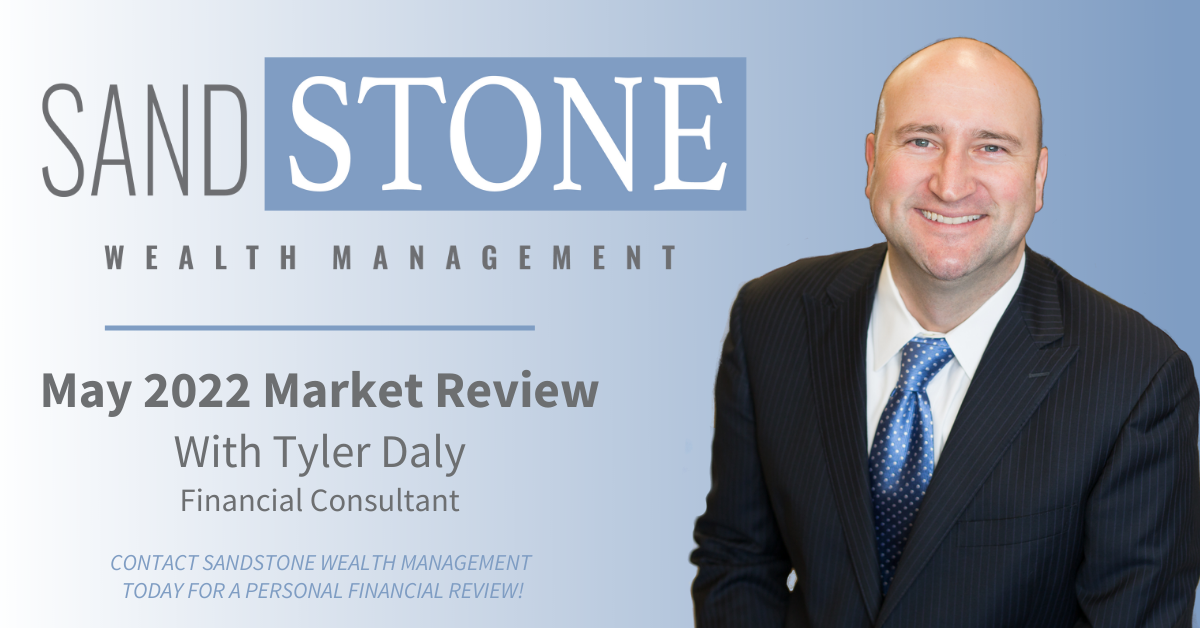
Equity markets around the world continued to climb in June, supported by increased earnings.
Domestic, international and emerging markets equity posted positive returns in the second quarter of 2017. Two major U.S. stock indices closed at new highs in June, continuing the new-high trend that began after the presidential election in November 2016. On June 2, the NASDAQ topped 6,300. And on June 19, the Dow Jones Industrial Average closed at 21,528.99.
The Federal Open Market Committee raised its short-term interest rate 0.25% in June, as it did in March, raising the target range to 1.0% - 1.25%. The yield curve has flattened, but is a long way from inversion, Raymond James Senior Fixed Income Strategist Doug Drabik said.
Internationally, the United Kingdom’s general election failed to provide the incumbent Conservative party with the mandate it sought, adding uncertainty to the UK’s withdrawal from the European Union in the early stages of negotiations. In France, the election of a pro-Europe president sparked hope of Parliament-led reform.
| 3/31/17 Close | 6/30/17 Close | Change | Gain/Loss | |
|---|---|---|---|---|
| DJIA | 20,663.22 | 21,349.63 | +686.41 | +3.32% |
| NADSAQ | 5,911.74 | 6,140.42 | +228.68 | +3.87% |
| S&P 500 | 2,362.72 | 2,423.41 | +60.69 | +2.57% |
| MSCI EAFE | 1,792.98 | 1,883.19 | +90.21 | +5.03% |
| Russell 2000 | 1,385.92 | 1,415.36 | +29.44 | +2.12% |
| Bloomberg Barclays Aggregate Bond |
1,992.51 | 2,021.31 | +28.80 | +1.45% |
Here’s a look at what else is going on in the economy and capital markets, as well as key factors we are keeping an eye on heading into the second half of 2017:
Economy
- Fed officials continue to expect GDP growth of about 2.2% for 2017, but expectations for inflation and the unemployment rate were revised lower. Fed officials downplayed the recent dip in inflation figures, expecting the underlying trend to move toward the 2% goal in the quarters ahead.
- According to the U.S. Bureau of Labor Statistics, the unemployment rate fell to 4.3% in May, below what the Fed considers to be a long-term equilibrium rate. Wage inflation has been moderate, but officials fear a sharp pickup in inflation if the unemployment rate were to decline further, according to Raymond James Chief Economist Scott Brown.
- Little progress has been made on infrastructure spending plans and tax reform will be difficult to achieve, but economic fundamentals appear to remain sound, Brown said.
Equities
- Domestic equity markets followed a strong first quarter with more positive returns in the second quarter, marking the seventh consecutive quarter of positive returns for the major indices.
- International developed and emerging markets equity outperformed domestic equity in the second quarter, as economies showed signs of growth and improved earnings. U.S. investors owning international stocks also benefited from a declining dollar.
- The estimated U.S. earnings growth rate for the second quarter is 6.6%, according to FactSet. As of June 30, the forward 12-month P/E ratio for the S&P 500 was 17.4 – above the five-year average of 15.3 and 10-year average of 14.0.
International
- The weakened position of the Conservative party in the United Kingdom likely reduced any “hard Brexit” negotiating power the UK might have had, which kept the pound from falling, Raymond James European Strategist Chris Bailey said.
- During June, the president of the European Central Bank took a more positive tone in discussing the European economic backdrop, helping to push the euro up, Bailey said.
- Investors continue to monitor geopolitical hot spots such as North Korea, Syria and Afghanistan.
Fixed Income
- Treasury rates are down year-to-date, yet up significantly versus a year ago. Year-over-year, the 5-, 10- and 30-year Treasuries are up 83, 77 and 50 basis points, respectively. Spreads have tightened in the investment-grade corporate space, showing continued demand for high-quality fixed income. But overall yields are still higher versus last summer.
- The 30-year Treasury index boasts an 8.19% return since the beginning of the year. The 10+ year investment-grade index is up 8.09%. The investment-grade corporate index is up 4.64%.
- Investors could be tempted to abandon appropriate asset allocations to chase higher yields, Raymond James Fixed Income Services Managing Director Nick Goetze said. The primary reason for owning fixed income is return of principal. In the event of an economic downturn, fixed income proxies likely will not provide the same stability and known timeline for return of principal. Premium bonds have the potential to generate increased income if cash flow is needed.
Bottom line
- We believe the market action to be a solid breakout to new all-time highs. We remain bullish.
Please let me know if you have any questions about recent market events or how to position your long-term financial plan for the months ahead. I look forward to speaking with you.
Sincerely,
Tyler Daly
Financial Advisor
Raymond James Financial Services, Inc.
*Investing involves risk, and investors may incur a profit or a loss. Past performance is not an indication of future results and there is no assurance that any of the forecasts mentioned will occur. Investors cannot invest directly in an index. The Dow Jones Industrial Average is an unmanaged index of 30 widely held stocks. The NASDAQ Composite Index is an unmanaged index of all common stocks listed on the NASDAQ National Stock Market. The S&P 500 is an unmanaged index of 500 widely held stocks. The MSCI EAFE (Europe, Australia, Far East) index is an unmanaged index that is generally considered representative of the international stock market. International investing involves additional risks such as currency fluctuations, differing financial accounting standards, and possible political and economic instability. These risks are greater in emerging markets. The performance noted does not include fees or charges, which would reduce an investor's returns.
©2016 Raymond James Financial Services, Inc., member FINRA/SIPC. Securities offered through Raymond James Financial Services, Inc., member FINRA/SIPC, and are not insured by any financial institution insurance, the FDIC/NCUA or any other government agency, are not deposits or obligations of the financial institution, are not guaranteed by the financial institution, and are subject to risks, including the possible loss of principal. Raymond James is not affiliated with the financial institution or the investment center.

Tyler has been in the financial services industry since 2004 and with Sandstone Wealth Management and Heartland Bank since 2009. He is Series 7, 66 and Insurance licensed to assist his clients with all their investing, financial planning, and insurance needs. Tyler was recently named to the Forbes List of America's Top Next-Generation Wealth Advisor, which recognizes advisors from national, regional, and independent firms. Tyler graduated from the University of Nebraska-Lincoln with a Bachelor’s Degree in Diversified Agriculture and was born and raised in the Nebraska Sandhills. This gives him an intimate knowledge and understanding of his farming and ranching clients. Tyler is married to Rachel, who earned her Doctorate of Pharmacy from the University of Nebraska. They have two children, Camilla and Cooper. Away from business, he enjoys officiating high school basketball in the winter as well as golfing and team roping in the summer.


.png)

.jpg)

.jpg)

.png)



